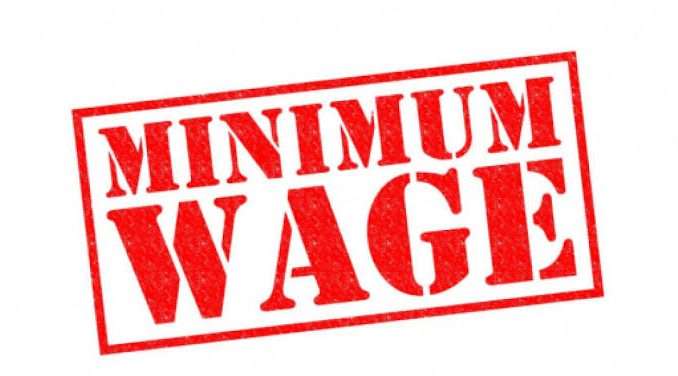
In a move to address the rising cost of living, several Nigerian states have increased their minimum wage, with Lagos and Rivers State leading the charge at N85,000 per month, equivalent to $52.
This signifies a bold step towards ensuring better welfare for workers, following national discussions on improving the economic situation of civil servants across the country.
Lagos and Rivers, Nigeria’s economic powerhouses, have set the bar high, reflecting the urgent need to align wages with the current economic realities.
Other states, such as Akwa Ibom and Ogun, have also adjusted their minimum wages to N80,000 ($49) and N77,000 ($47) respectively. Kebbi, Ondo, and Kogi follow closely, each implementing wage increases in the N70,000 range.
Additionally, states like Abia, Anambra, Adamawa, Delta, Ebonyi, Edo, and Kwara have committed to paying N70,000 monthly.
This new wave of wage increases indicates the importance of balancing economic growth with the needs of the workforce, particularly in the face of inflation and rising costs of essential goods and services.
The adjustments come after extensive negotiations with the nation’s labor unions and civil servants, ensuring that the needs of public workers are adequately addressed.
The new wage structures also reflect the efforts of the President Tinubu administration to promote economic stability and protect the livelihoods of Nigerians.
President Bola Tinubu’s administration has made tackling the nation’s economic challenges a key priority, with a focus on reducing poverty, improving living standards, and creating an environment that supports sustainable growth.
This development is expected to boost morale among workers and increase productivity, as better remuneration improves the quality of life and reduces economic pressures.
However, state governments will need to manage their finances prudently to ensure that these wage increments are sustainable over the long term.